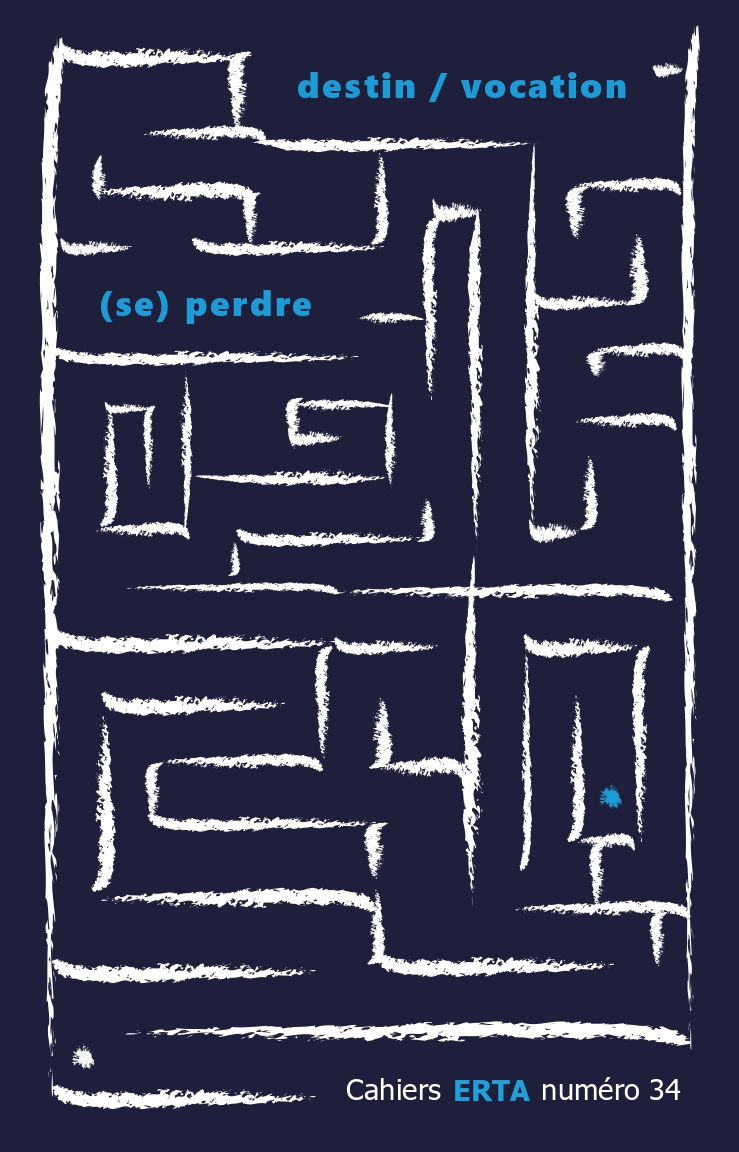Edmond Rostand ou la communion perdue
Mots-clés :
Edmond Rostand, perte, poète, séduire / séductionRésumé
For Edmond Rostand, dramatic writing is a medium ensuring communion between the author and the spectator, a bond questioned by Plato. This article studies how Edmond Rostand’s poetic plays illustrate the quest for the public’s understanding of the poet and how the characters thrive for their lost social recognition. His works shed light on the poet at work, each of the characters being an accomplished or budding versifier to reveal that poetry is legitimate work, which requires skills. Edmond Rostand’s poetic style deconstructs literary and social norms that have led to his contemporaries’ loss of authenticity. Misunderstood by theater goers and critics, disappointment led the playwright to improvisation and to pantomime, in which gestures could not alter the fragile and fleeting idea, making poetry easier to comprehend and bridging the gap between the author and his audience, establishing the poet as a worthy citizen again.
Téléchargements
Références
Abirached R., La crise du personnage dans le théâtre moderne, Paris, Gallimard, 1994.
Bergerat É., « La Nuit bergamasque », Théâtre en Vers 1884-1887, Paris, Lemerre, 1887.
Blondel M., L’action. Le problème des causes secondes et le pur agir, Paris, PUF, 1949, vol. 1.
Broll B., Ombres et lumières, Boofzheim, ACM Éditions, 1998.
Day-Lewis C., The Poetic Image, London, Bloomsbury Reader, 2011.
De Palacio J., Pierrot fin-de-siècle, Paris, Librairie Séguier, 1990.
Forrier M., Chantecler, un rêve d’Edmond Rostand, Paris, Orthez, Editions Gascogne, 2012.
Foster J., « La quête, structure de toute histoire », https://www.artisansdelafiction.com/quete-structure-histoires/, 2 août 2021.
Larthomas P., Le langage dramatique. Sa nature, ses procédés, Paris, Presses universitaires de France, 2005.
Lorcey J., Edmond Rostand, Paris, Seguier, t. 1-3, 2004.
Mendès C., « Premières représentations », [dans :] Le Journal, 30 décembre 1899.
Rostand E., « Ballade des vers qu’on ne finit jamais », Les Musardises 1887-1893, Paris, Charpentier et Fasquelle, 1919.
Rostand E., Chantecler, Bulinge Ph. (éd. critique), Paris, Flammarion, 2006.
Rostand E., Cyrano de Bergerac, Guérin J. (éd. critique), Paris, Honoré Champion, 2018.
Rostand E., Deux Romanciers de Provence : Honoré d’Urfé et Émile Zola. Le roman sentimental et le roman naturaliste, Paris, Librairie ancienne Édouard Champion, 1921.
Rostand E., Discours de Réception à l’Académie Française le 4 juin 1903, Paris, Eugène Fasquelle Éditeur, 1926.
Rostand E., Discours prononcé dans la séance publique tenue par l’Académie Française pour la réception de M. Edmond Rostand le 4 juin 1903, Paris, Imprimerie de l’Institut de France, 1903.
Rostand E., L’Aiglon, Besnier P. (éd. critique), Paris, Gallimard, 1986.
Rostand E., « Les Romanesques », [dans :] Idem, Théâtre Complet, Aziza C. (éd. critique), Paris, Éditions Omnibus, 2006.
Rostand E., Lettres à sa fiancée : Correspondance avec Rosemonde Gérard (1888), Forrier M., Goetz O. (éd. critique), Paris, Librairie ancienne et éditions Nicolas Malais, 2009.
Rostand E., « Un Soir à Hernani », Le Cantique de l’Aile, Paris, Charpentier et Fasquelle, 1922.
Zola É., Nos auteurs dramatiques, Paris, Charpentier et Fasquelle, 1881.

 Revues scientifiques académiques
Revues scientifiques académiques





